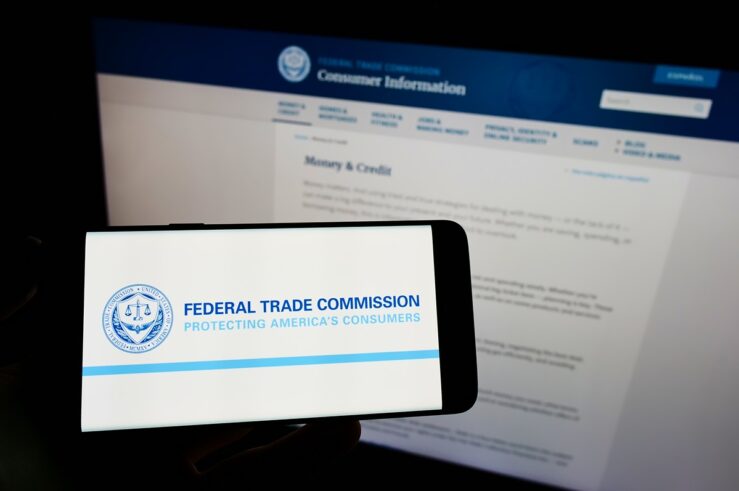The American Federation of State, County and Municipal Employees (“AFSCME�) has submitted the following Rule 14a-8 proposal to American Express, Citigroup and Bank of New York (ht: Corporate Governance Blog):
RESOLVED, that shareholders of ________ urge the board of directors (the “Board”) to amend the bylaws to provide procedures for the reimbursement of the reasonable expenses, including but not limited to legal, advertising, solicitation, printing and mailing costs (collectively, “Expenses”), incurred by a shareholder or group of shareholders (in each case, a “Nominator”) in a contested election of directors, provided that: (a) the election of fewer than 50% of the directors to be elected is contested; (b) the amount of the reimbursement shall not exceed the amount determined by the following formula: (i) if any candidate nominated by the Nominator is elected to the Board, 100% of the Nominator’s Expenses shall be reimbursed; (ii) if no such candidate is elected, the Reimbursable Percentage shall be determined by (A) dividing the highest number of votes received by an unelected candidate nominated by the Nominator by the lowest number of votes received by an elected candidate, and (B) multiplying the Reimbursable Percentage by the Expenses; provided, however, that if the Reimbursable Percentage is less than 30%, no Expenses shall be reimbursed.
(c) the bylaw shall not apply if shareholders are permitted to cumulate their votes for directors; and
(d) the bylaw shall apply only to contested elections commenced after the bylaw’s adoption.
As is typical, both AMEX and BONY submitted no-action request letters to the SEC arguing that they could omit the proposal from their proxy materials on various grounds (contrary to SEC proxy rules, relates to election of directors, relates to ordinary business matters). The SEC disagreed, so it looks like the proposal will be on their proxies.
The stated purpose of the proposal is to encourage more short-slate proxy contests, i.e., contests for less than a majority of board seats, by providing for mandatory target reimbursement of an insurgent’s expenses (which can easily run into the millions of dollars). Currently, a short-slate insurgent is not entitled to reimbursement, even if successful (a successful full-slate insurgent gains control of the board and can therefore cause the target to reimburse its expenses). Notice that the proposal also provides for proportional reimbursement of a losing insurgent but only if the top vote getting short-slate candidate received at least 30% of the votes received by the lowest vote getting elected director.
While I’m not sure whether I would vote for the proposal, it is creative. I especially like the reimbursement formula for losers–it should screen out pretext insurgents.
Whether such a proposal would actually lead to more proxy contests is hard to say. Cost is but one impediment. A potential insurgent also has to consider rational shareholder apathy and other collective action problems which make victory (and perhaps even obtaining the requisite 30%) unlikely.
On a somewhat unrelated note, AFSCME submitted a proposal to AIG last year that would give shareholders the ability to include director candidates on AIG’s proxy. The SEC gave AIG the go ahead to omit the proposal concurring that it related to the election of directors and thus could be excluded under Rule 14a-8(i)(8). AFSCME then brought suit seeking a court order compelling AIG to include the proposal. The court denied AFSCME’s application. The case is now on appeal with the Second Circuit. Hopefully, the case will yield some needed guidance as to the scope of Rule 14a-8(i)(8), but I’ll save my thoughts on that for another day.




